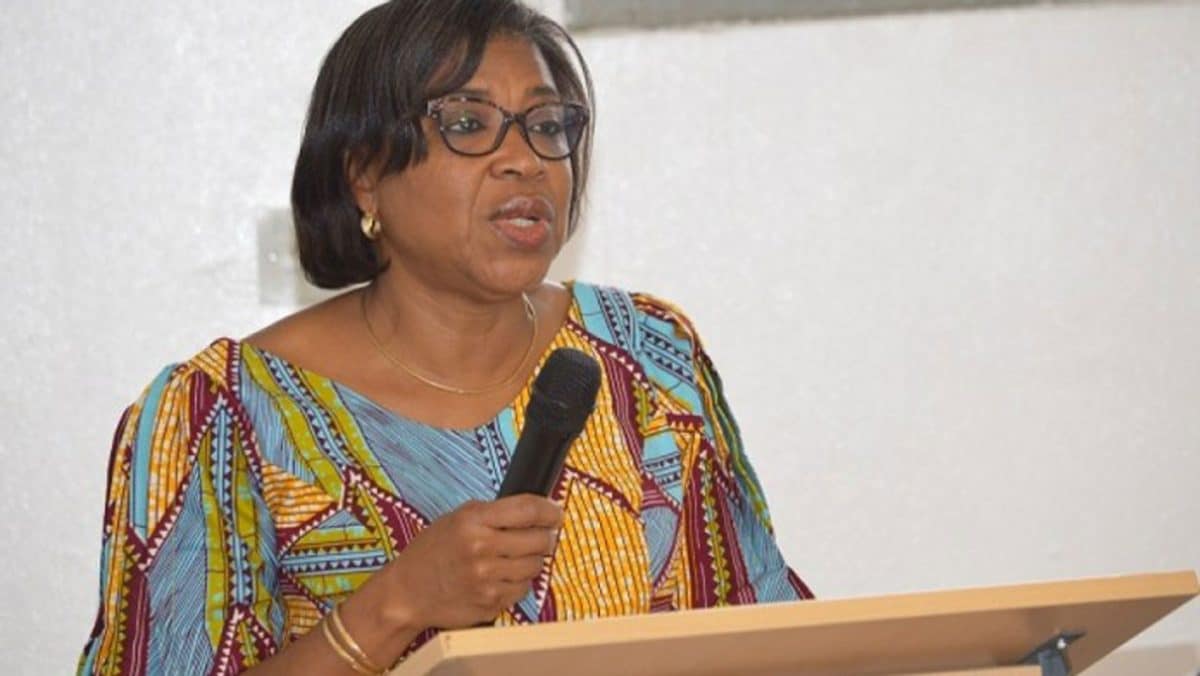The Director-General of the Debt Management (DMO), Patience Oniha has confirmed that recent developments in the global economy induced by Coronavirus outbreak pose new threats to Nigeria’s debt service.
The Debt Manager stated this at a public lecture organized by the National Institute for Legislative and Democratic Studies in Abuja on Monday.
She said that even when Nigeria’s debt service to revenue ratio was high with new threats by the deadly Coronavirus; the country’s debt stock remained sustainable.
This was the Deputy Chairman of the Senate Committee on Local and Foreign Debts, Senator Mohammed Bima warned strongly against Nigeria’s rising debt profile.
According to Bima, from a low ratio of debt to Gross Domestic Product of about 3.4% at independence, Nigeria’s total debt stock as at September climbed to about N26.2 trillion($85.4 billion).
He expressed fear that the recent approval of the 2016-2018 External Borrowing Plan, had further increased Nigeria’s total debt stock; bringing the figure to N33billion and 21% debt to GDP ratio.
The lawmaker who represents Niger State questioned what Nigeria did with the huge debt stock accumulated in the last 4 decades.
“The big question in the minds of the average Nigerian aware of this fact is what did we do with the money?”
“In other words, where did the money go? What do we have to show as a people for these huge debts accumulated over the last four decades”, he said.
For the Director General of the National Institute for Legislative and Democratic Studies (NILDS), the real concern was not Nigeria’s debt stock; but the resourceful utilization and management of the loans.
“From the economic perspective, effective debt management requires that borrowed resources must be productively utilized such that the economic and social rate of return is higher than the future servicing cost of the loans”, he said.
Nigeria has a debt service loan of N2.47 trillion in the 2020 budget.
The DMO boss noted that the figures have remained high as a result of continuous drop in revenue generation especially with recent volatility in the international oil market.
She insisted that the option available to Nigeria to reduce current debt service Nigeria was to grow revenue through other sources away from crude oil which has now come under attack by the deadly Coronavirus.
The public lecture organized by the National Institute for Legislative and Democratic Studies (NILDS) was the 7th edition in the series and the theme for this year was: “Public Debt in Nigeria: Trend, Sustainability and Management.”
NAN

